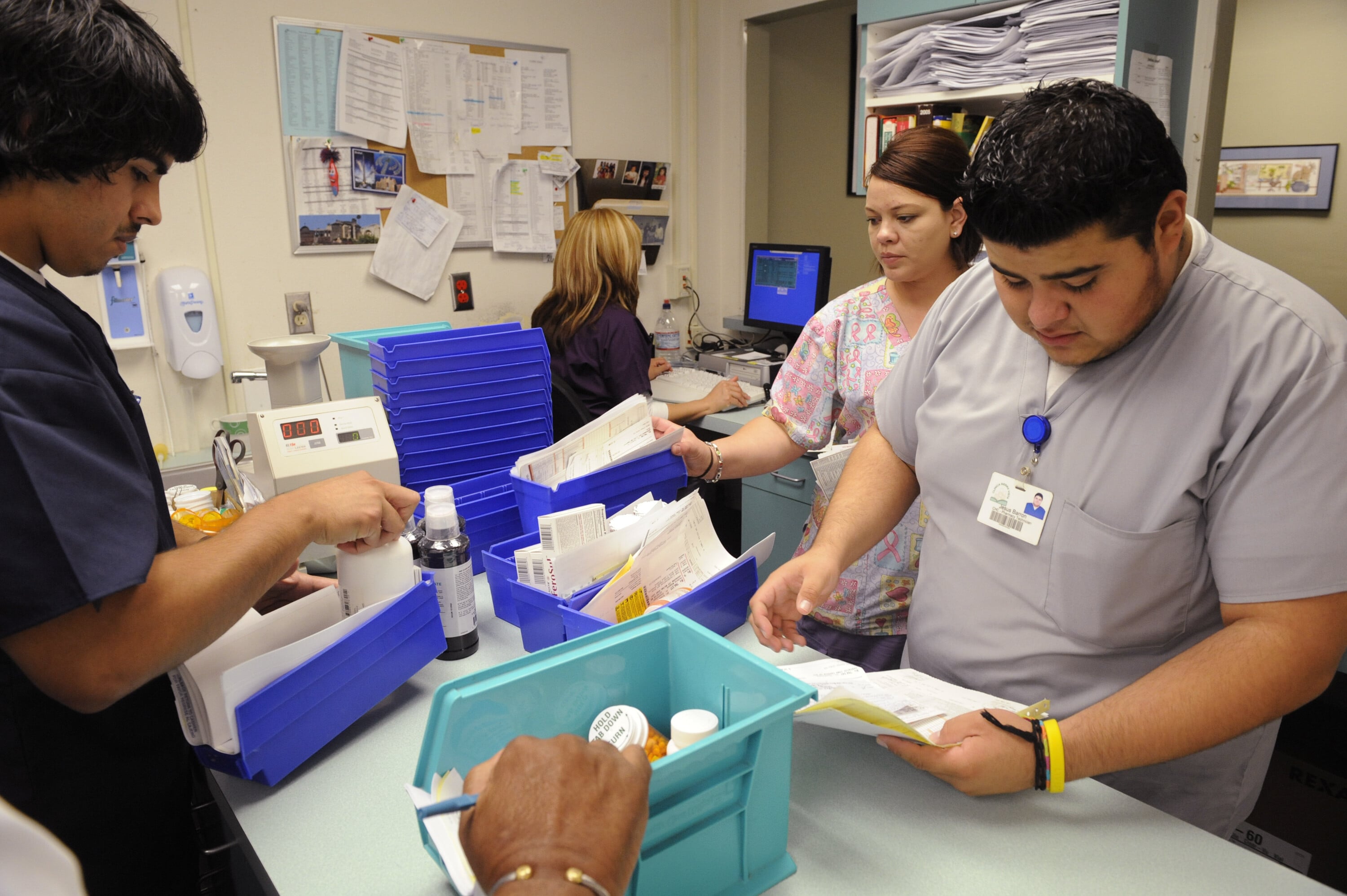Machine learning studied more than 11,000 couples and found the 5 factors that can make or break your relationship

Building a connection with your partner is key.
Image: Unsplash
Stay up to date:
United States
- The most important factors in relationship success are linked to the relationship itself rather than the people in it, according to new research.
- Commitment and appreciation are among the top five relationship characteristics influencing success.
- Online dating has continued to grow during the pandemic, and AI has already started to take hold in some services.
Swipe left? Or swipe right? AI might have the answer.
The reasons that some relationships blossom while others fail could be less to do with the people involved and more about the connection they build with each other, data from more than 11,000 couples indicates.
Scientists using machine learning have found the characteristics of a relationship might be a far greater predictor of couples’ satisfaction than their – or their partner’s – personalities.
"Really, it suggests that the person we choose is not nearly as important as the relationship we build … The dynamic that you build with someone – the shared norms, the in-jokes, the shared experiences – is so much more than the separate individuals who make up that relationship,” said Samatha Joel, the study author and director of the Relationship Decisions Lab at Canada’s Western University.
The recipe for relationship success
The study looked at data from thousands of romantic relationships, grouping together characteristics of the relationship itself, and individual characteristics of each partner. Although some traits will influence others, they don’t all have equal weighting.
The top five individual variables that explained differences in relationship satisfaction were:
- life satisfaction
- negativity such as feeling distressed or irritable
- depression or feelings of hopelessness
- attachment anxiety and worrying about relationships
- attachment avoidance – preferring not to become too attached.
The five main relationship characteristics that influenced satisfaction were:
- how committed someone feels their partner is to the relationship
- appreciation and feeling to have that partner
- sexual satisfaction
- how happy someone thinks the relationship makes their partner
- conflict
And although the individual characteristics have an important role to play, they are far less important than the relationship characteristics, the study says.
Love in the time of corona
The growth in the online dating market has been impressive and sustained. Around 276.9 million people are expected to use apps in their search for love by 2024, with revenues reaching $2.5 billion. And while the pandemic may have hampered short-term dating prospects, research by data company Statista suggests that more people have signed up to dating services over the past few months.

In the United States, one the of biggest online dating markets in the world, heterosexual couples are now more likely to meet online than in any other way.

And the industry is already awake to the potential of AI. Dating website eHarmony is working on an AI feature that prompts people to meet up after they have been chatting for a while. British app Loveflutter plans to use AI to monitor users’ chats for compatibility. And social network Badoo is using AI and facial recognition technology to help users find potential partners that look like others – including celebrities – they fancy.
Accept our marketing cookies to access this content.
These cookies are currently disabled in your browser.
Accept our marketing cookies to access this content.
These cookies are currently disabled in your browser.
Don't miss any update on this topic
Create a free account and access your personalized content collection with our latest publications and analyses.
License and Republishing
World Economic Forum articles may be republished in accordance with the Creative Commons Attribution-NonCommercial-NoDerivatives 4.0 International Public License, and in accordance with our Terms of Use.
The views expressed in this article are those of the author alone and not the World Economic Forum.
Forum Stories newsletter
Bringing you weekly curated insights and analysis on the global issues that matter.
More on Health and Healthcare SystemsSee all
Nina Rawal and Dorothy Chou
September 18, 2025
Eric White and Elia Tziambazis
September 18, 2025
Jan-Willem Scheijgrond and Syaru Shirley Lin
September 18, 2025
Ashwini Sharan and Abhishek Jain
September 15, 2025
Shyam Bishen
September 15, 2025







